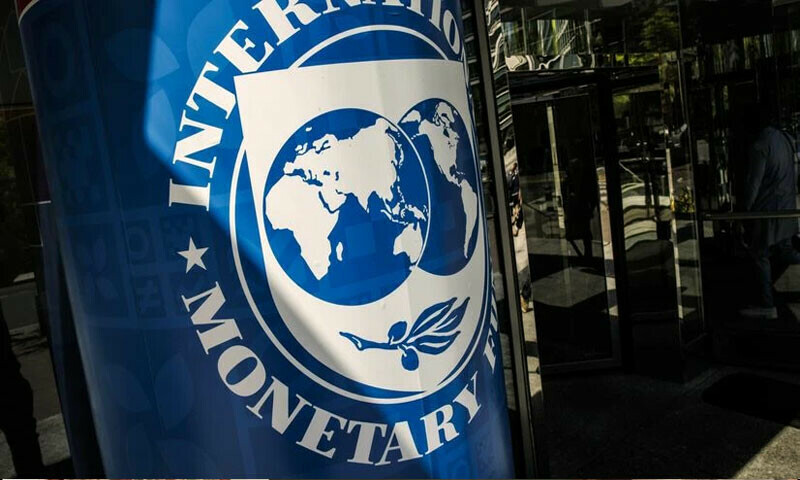TRADE & ECONOMY

Pakistan and Afghanistan have signed a landmark Preferential Trade Agreement (PTA), aimed at boosting bilateral trade and easing tariffs on key export commodities between the two neighboring nations.
According to an official statement from the Afghan embassy, the agreement was signed by Afghan Deputy Minister for Industries and Commerce Mullah Ahmadullah Zahid and Pakistan’s Secretary for Commerce Jawad Pal. The PTA is set to come into effect on August 1, 2025, and will remain active for one year, with the possibility of renewal and expansion to cover more trade items in the future.
Under the terms of the agreement, both countries have agreed to reduce import tariffs on four export items each. Pakistan has lowered duties from 60% to 27% on Afghan exports of grapes, pomegranates, apples, and tomatoes. In return, Afghanistan has reduced tariffs to the same rate on Pakistani mangoes, quinoa, bananas, and potatoes.
The trade deal is being seen as a positive step towards regional economic integration and enhanced cross-border commerce, which has often been hindered by political tensions and bureaucratic hurdles. Both countries hope the agreement will contribute to lowering prices for consumers, increasing market access for farmers, and strengthening economic ties between Islamabad and Kabul.
The Afghan embassy emphasized that the agreement is renewable and allows for the inclusion of additional products in future negotiations, paving the way for deeper trade collaboration.
The PTA reflects the broader effort by both governments to normalize relations and use economic cooperation as a foundation for regional stability and mutual prosperity.
Trade experts have welcomed the move, highlighting that it could stimulate border economies, improve diplomatic relations, and create better infrastructure for cross-border agricultural trade.




